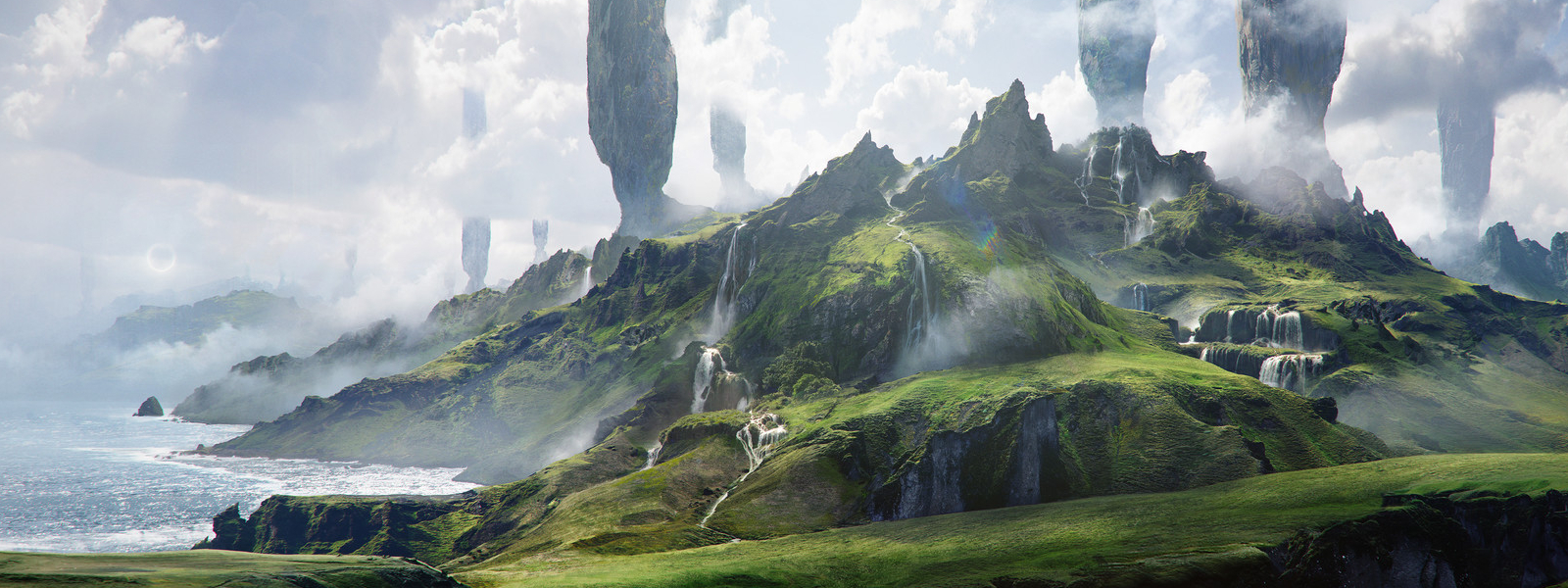Aswani
The Aswani people are a people of northern Aisoa, primarily found residing in Aswana and Bocrae.
The typical Aswani individual is a human with medium to dark brown skin, and black or brown hair. Hazel colored eyes are the most common, followed by green.
Naming Traditions
Feminine names
Anzhelina, Jana, Beáta, Nzinga, Tapiwa, Ivka
Masculine names
Aboye, Nazariy, Maxmilián, Zuberi, Boris
Family names
Masozi, Gennadiya, Agnessa, Chimwemwe, Ivona, Lesedi, Vadim
Other names
Aswani names are inspired by a mix of Slavic and African names. Generate more here.
Culture
Culture and cultural heritage
Before declaring its independence and the ensuing civil war, Aswana suffered under Bocraean rule, paying taxes that supported much of the poorer western part of the country and the nation's large armies while gaining little in return.
The Aswani people are still reveling in their newly earned freedom from Bocrae, and celebrate both individual and governmental freedoms. Though the high taxes that supported Bocrae's armies were a significant cause of Aswana's secession, the people are generally grateful and supportive of Aswana's new armies.
The military retains a lot of power in the fledgling nation. Many of the generals who fought for independence remained after the war, and oversaw the creation of the new government of Aswana.
Common Dress code
The Aswani people favor piercings, and they are part of the coming of age rites in most areas of Aswana. Pierced ears are common, with many wearing multiple earrings on each ear. Eyebrow and nose piercings are common as well, but less ingrained into longstanding culture, and are treated as more of a fashion choice.
Cuisine
Aswani cuisine is expansive with a long history thanks to a generous climate and focus on growing both food and cash crops for hundreds of years. Though Aswana has long been culturally lumped together with other Ociannic nations, their cuisine is very different. In Aswana, there are some very deeply rooted beliefs in what food should be like - breakfast should be sweet, dinner should be salty, and dessert should be savory. Breakfasts usually include fruits and berries paired with a light and fluffy bread. Add in a sweet honeyed glaze over a meat, and you have a breakfast to prepare you for the day. Dinners are salty, either as a pasta dish, or a brined meat. There exist dozens of different types of pasta, and a variety of brining recipes often utilizing sea salt from Aswana's coast. Finally, desserts tend to be small, decadent and savory dishes. Fine meats, hand pies, and tender smoked jerkies are ideal. Many families guard their jerky recipes jealously, passing them down from generation to generation.Art & Architecture
Most Aswani buildings are generally fairly simple and made by the people who live in them using nearby materials, and even government or shared buildings are built by whoever is most in charge of them. They are primarily built from pine wood and clay or plaster, and use simple clay shingle roofing. Buildings in Aswani farmlands sometimes have straw roofs.
In cities, building exteriors are somewhat more decorated, but still the architecture still shows all the same signs of simple durable building that can be found in the rest of the country.
With the widespread availability of dyes in Aswana, painting supplies are more accessible than they are in many other countries. Black and red pigments are most common, and as such Aswani paintings lean towards darker scenes.
Funerary and Memorial customs
The Aswani people bury their dead in regional graveyards shared with other nearby towns or cities. Graves are generally loosely organized by town and family, with family members sharing neighboring plots.
It is customary to carve a design onto a tree in their home town, known as a remembrance tree. Most towns jointly share a tree, though some families plant their own. Without initials or ledgers of which designs match to which person, the tree is becomes something of an art piece for the town.
Historical figures
Petra Avdotya is the current head of state of Aswana, and the first head of state to have been born in Aswana after its founding rather than while it was under Bocraean rule.
Ideals
Courtship Ideals
Aswani men are expected to become proficient in dancing, and dances and balls are a common form of courtship in Aswana. A common matchmaking process is simply throwing a large party and encouraging two potential partners to dance with each other. The men take the lead during the dance, and it is more socially acceptable for the women to be the less proficient dancer. Many men pride themselves on being able to effectively dance even with partners who are quite terrible at it.
Parent ethnicities
Languages spoken
Related Locations


